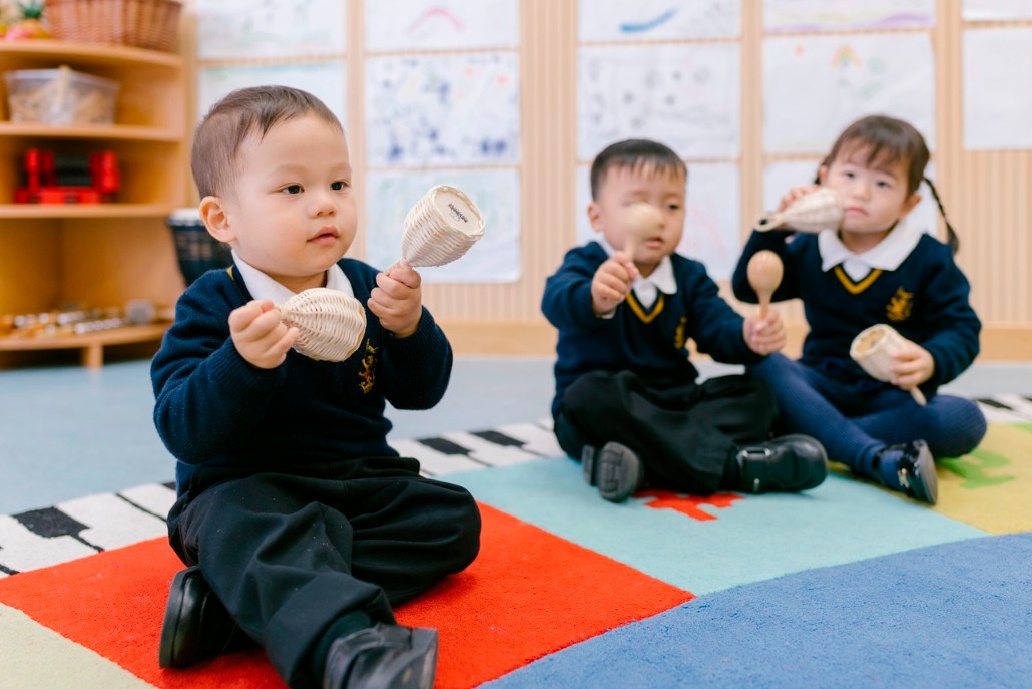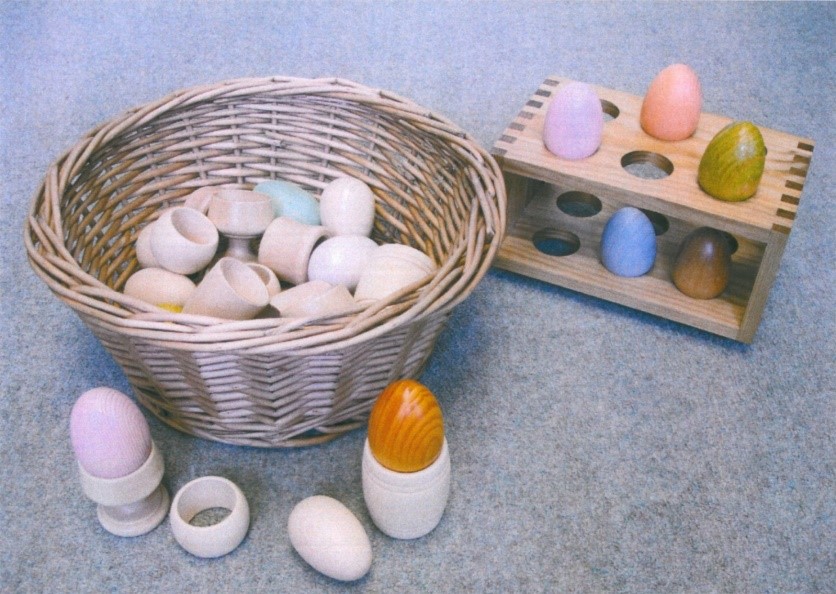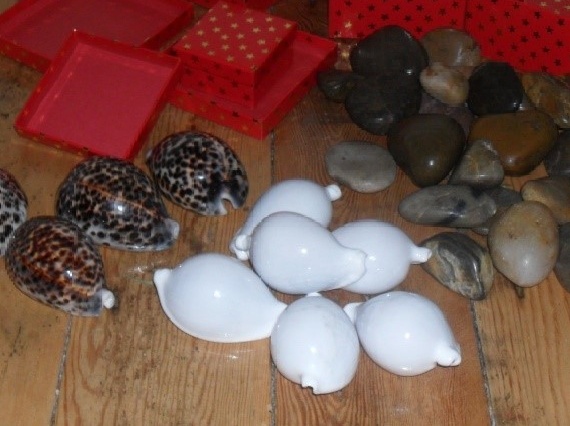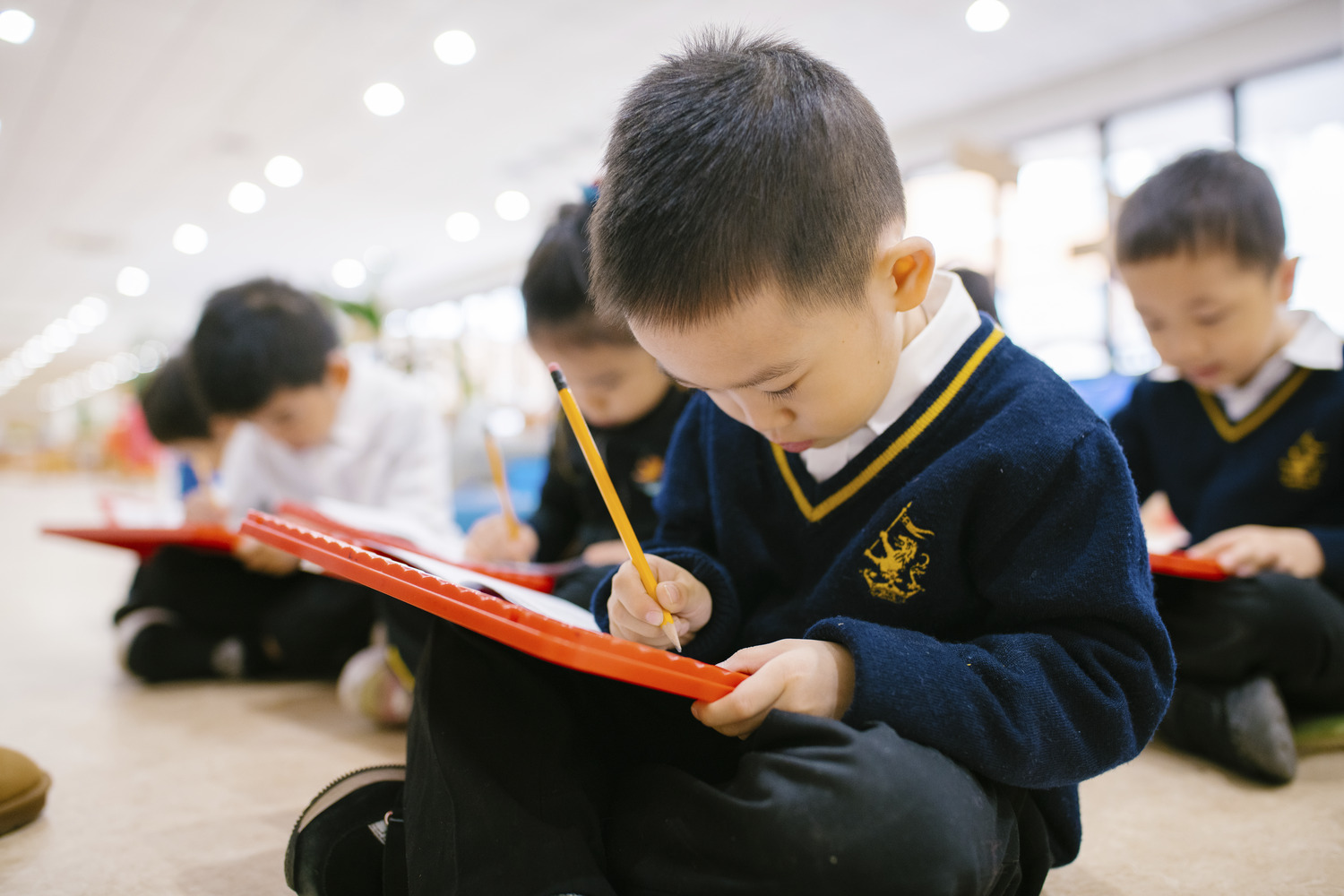
Jingwen Chen
Assistant Head of Early Years
The term 'heuristic play' was coined by Elinor Goldschmied (1910-2009) in the 1980s and became a formal term in her book People Under Three: Young Children in Daycare. This concept has since become an important pedagogical philosophy in early years education.

The purpose of heuristic play is to encourage children to discover objects around them and to try to make use of them after observing, interacting with, and manipulating them. According to Goldschmied, objects waiting for children to discover are better made out of natural materials. Adults may rearrange sequences of objects in a room, but children should be allowed to play uninterrupted.
When we teach children to engage in heuristic play, we provide them with 'toys'. term is used loosely because we give it a very broad definition. We make full use of the resources on hand. The 'toys' our children play with can be everyday natural objects, recycled goods or even household items.

Photo 1: A set of wooden items: eggs, egg cup, ring, egg shelf

Photo 2: Different cartons with lids, natural objects such as stone and shell
Heuristic play should not be instructed. It cannot be ‘taught’ because it is a limitless activity in a safe environment. Rather, we provide our pupils enough space and time to explore and interact with the items. They use their senses to familiarise themselves with these objects. The process is completely child-led.
Young children love to play, explore, and handle objects. Adults can observe their behaviours, gauging their needs and interests. Meanwhile, the activity supports many key characteristics of effective learning. Among them: playing and exploring, active learning and creating and thinking critically.

Moreover, the beauty of heuristic play is that it is not limited to a nursery or preschool setting. Parents can prepare the materials pictured above for their children to interact with at home. You can try playing alongside your child as well and experience heuristic play from their perspective.